50 Best Movie Screenplays
Sizzling scripts that leapt from page to screen
Rushmore (1998)
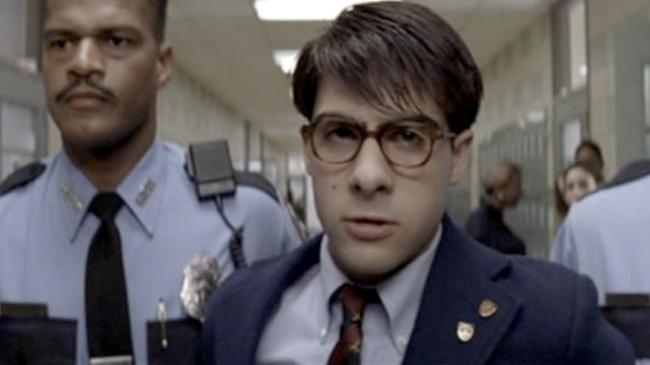
The Screenplay: Writing partners Wes Anderson and Owen Wilson merged their experiences of life at elite prep schools to create a quirky comedy about over-achieving teenager Max Fischer.
Why It's So Impressive: Anderson and Wilson transcend their stated influences - including Roald Dahl and J.D. Salinger - to create a storyworld slightly removed from reality, and one that has endured throughout Anderson's later films.
Most Quotable Line: "Maybe I'm spending too much of my time starting up clubs and putting on plays. I should probably be trying harder to score chicks."
Memento (2000)
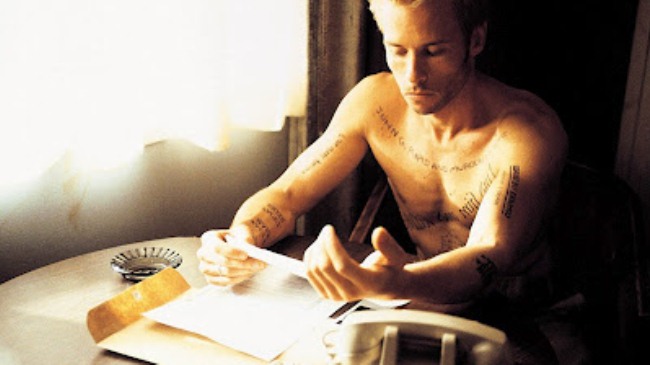
The Screenplay: Jonathan Nolan's short story Memento Mori provided the foundation for his brother Christopher's thriller about a man determined to find his wife's killer despite suffering from amnesia.
Why It's So Impressive: While not the first writer to tell a story backwards, Nolan found a means of structuring the idea in cinematic terms to keep the audience on-board, reinforce character psychology and avoid it being a gimmick.
Most Quotable Line: "Now, where was I?"
Trainspotting (1996)
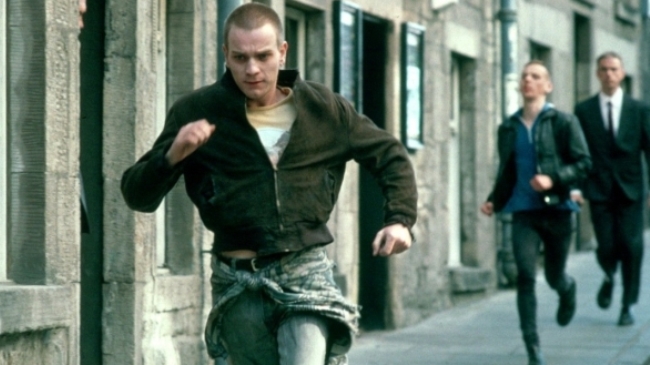
The Screenplay: Fresh off their breakthrough film Shallow Grave , screenwriter John Hodge and director Danny Boyle turned their attention to adapting Irvine Welsh's controversial cult novel about a group of Edinburgh junkies.
Bringing all the latest movie news, features, and reviews to your inbox
Why It's So Impressive: Hodge didn't shy away from Welsh's profane, unrepentant tone but dived face-first into it, rummaging through the book for the best set-pieces and re-assembling it into an intoxicated, adrenalised manifesto for British cinema.
Most Quotable Line: "Choose life... But why would I want to do a thing like that? I chose not to choose life. I chose something else. And the reasons? There are no reasons. Who needs reasons when you've got heroin?"
Wild Strawberries (1957)
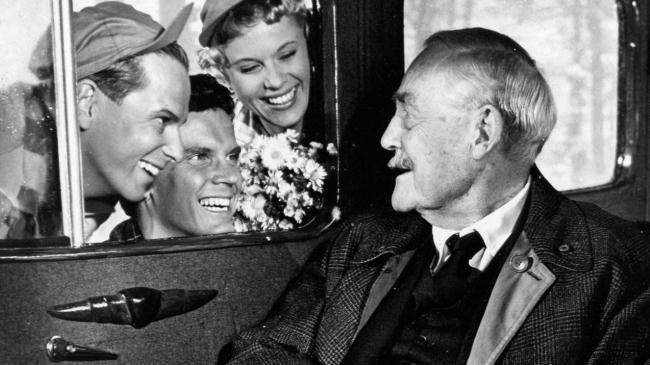
The Screenplay: A road trip inspired Ingmar Bergman's drama about a college professor whose journey to receive a prize prompts a flood of dreams and recollections.
Why It's So Impressive: Often proclaimed as cinema's finest screenwriter, this represents Bergman during the period when he established his mastery, daring to mix reality with flashbacks - often in the same, unbroken, scene - and full of lovely cameo roles for Bergman's repertory company.
Most Quotable Line: "If I have been feeling worried or sad during the day, I have a habit of recalling scenes from childhood to calm me."
Eternal Sunshine Of The Spotless Mind (2004)
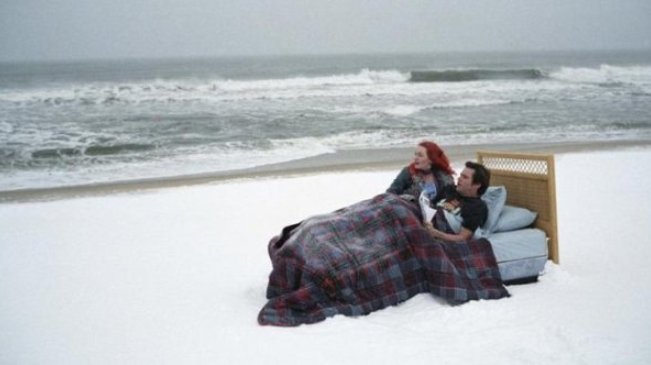
The Screenplay: What happens when a music video director, a performance artist and a screenwriter - all with a reputation for crazy - create a film? This is the result of Michel Gondry, Pierre Bismuth and Charlie Kaufman's collaboration: a story in which a man has second thoughts about having the memory of his ex removed from his mind.
Why It's So Impressive: Kaufman can do the weird stuff in his sleep, but what's notable about this screenplay is how moving he makes it, with a subplot that perfectly mirrors the central relationship in its wistful vision of failed romance.
Most Quotable Line: "Technically speaking, the operation is brain damage, but it's on a par with a night of heavy drinking. Nothing you'll miss."
12 Angry Men (1957)
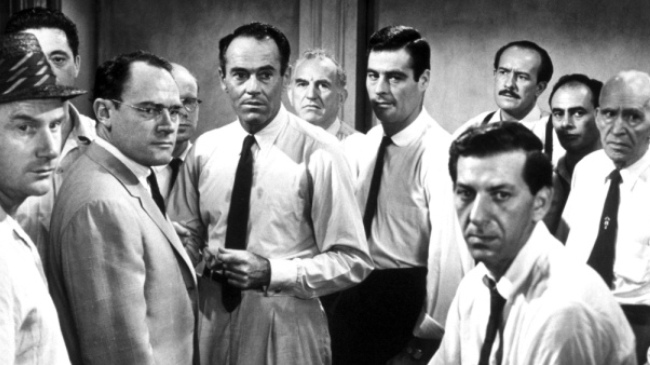
The Screenplay: Reginald Rose had already won acclaim for his teleplay - filmed live - about a jury room where a lone juror has to persuade the others to change their minds when he made minor alterations to make it suitable for a feature-length film.
Why It's So Impressive: Simple in outline, but incredibly complex in construction, Rose expertly calibrates the tension via an incredible amount of detail and strong characterisation. Even more impressively, he created 12 distinct personalities without ever naming them (bar two sharing their identities in the final scene).
Most Quotable Line: "I'm not trying to change your mind. It's just that... we're talking about somebody's life here. We can't decide it in five minutes. Supposing we're wrong?"
In Bruges (2008)
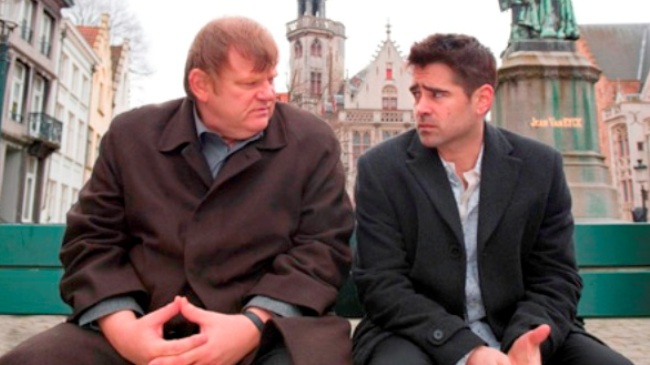
The Screenplay: Martin McDonagh was a playwright-turned-Oscar winner for his short film Six Shooter when he wrote his debut feature, a black comedy about hitmen in exile in the titular Belgian city.
Why It's So Impressive: A genuine original, McDonagh's droll, profane blarney is the motor for a film that is both a blistering satire on political correctness but also a moving study of guilt.
Most Quotable Line: "Two manky hookers and a racist dwarf. I think I'm heading home."
Raiders Of The Lost Ark (1981)
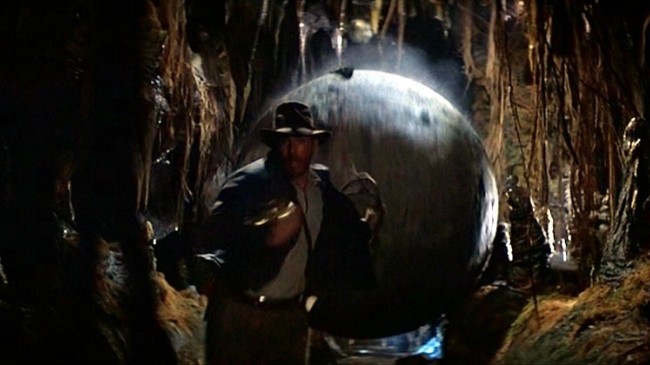
The Screenplay: George Lucas' idea to redo 1930s-style serial adventures as a blockbuster was batted about between four different filmmakers - Lucas, Steven Spielberg, Philip Kaufman and novice Lawrence Kasdan - before the latter wrote the screenplay based on transcripts of their conversations.
Why It's So Impressive: Kasdan nailed a formula that is still the default setting for blockbusters to this day, but this is distinguished by the charm of the characterisation and the vividness of the set-pieces.
Most Quotable Line: "Snakes. Why did it have to be snakes?"
Sullivan's Travels (1941)
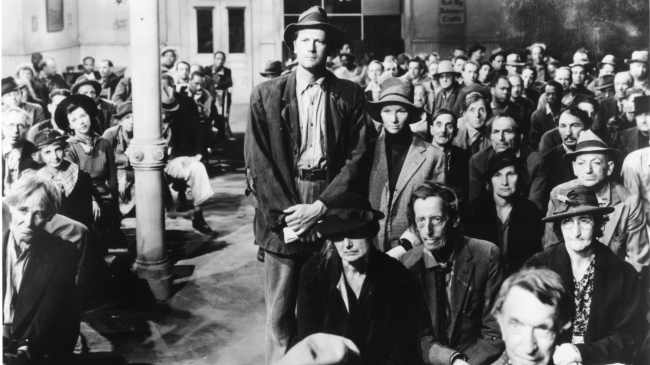
The Screenplay: Having broken Hollywood orthodoxy by becoming a writer and director, Preston Sturges felt compelled to address the problems of his contemporaries' films - namely, that "they have abandoned the fun in favor of the message."
Why It's So Impressive: Sturges' tale of a film director so obsessed with realism that he ends up on a chain gang dares to abandon the writer's trademark whimsy in favour of something compellingly dramatic… only to save the last laugh for an ending that makes plain his preference for comedy.
Most Quotable Line: "There's a lot to be said for making people laugh. Did you know that that's all some people have? It isn't much, but it's better than nothing in this cockeyed caravan."
When Harry Met Sally (1989)
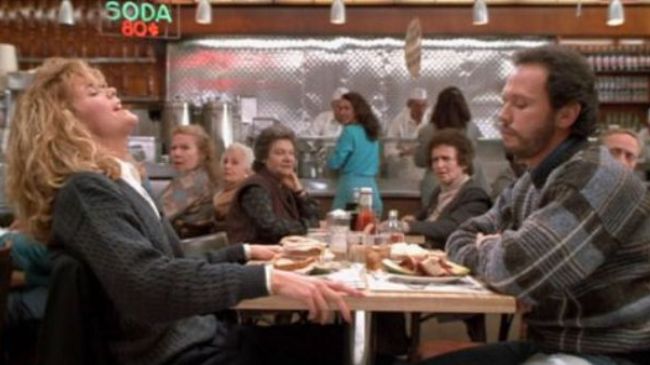
The Screenplay: Nora Ephron rewrote rom-com rules (with uncredited help by star Billy Crystal) by trying to avoid the obvious hook-up between man and woman - what if they could be friends instead?
Why It's So Impressive: Ephron achieved a realistic, grown-up comedy by interviewing friends and colleagues to get authentic viewpoints on dating. Director Rob Reiner liked the results so much that many of the interviews appeared verbatim, albeit reshot with actors, in the finished film.
Most Quotable Line: "I'll have what she's having."


